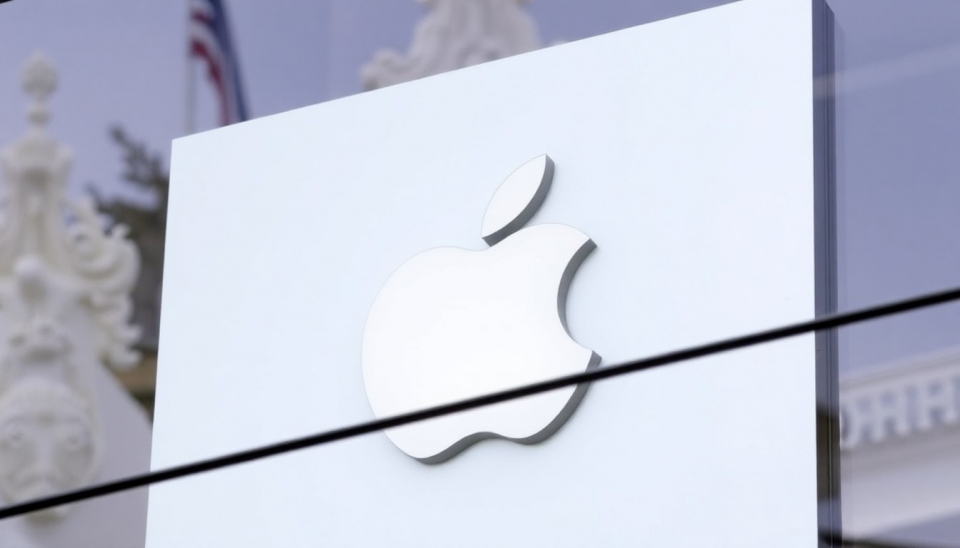
In a significant political move, Germany's Social Democratic Party (SPD) is pushing for the establishment of a new antitrust act aimed specifically at curbing the power wielded by tech magnate Elon Musk. This initiative has sparked considerable debate within the political and business spheres regarding the influence of major tech figures on market dynamics and public policy.
The SPD's proposal comes in the wake of Musk's growing prominence as the owner of several high-profile companies, including Tesla and Twitter (now rebranded as X). As these companies expand their reach, concerns around market monopolization and the potential manipulation of public discourse have intensified. Lawmakers within the SPD argue that Musk's extensive control over platforms that serve as critical communication channels heightens the need for reform to protect fair competition and democratic integrity.
In recent months, there have been heightened discussions around the need for legislative measures to ensure that no single individual or entity can dominate critical sectors of the economy. The SPD believes that the introduction of an antitrust act could help establish a framework to prevent excessive concentration of power in the hands of a few influential tech leaders.
Key figures within the SPD have emphasized that the existing laws do not adequately address the unique challenges posed by tech conglomerates like Musk’s companies. They contend that current regulatory frameworks are outdated and fail to account for the rapid evolution of technology and its pervasive impact on society. The party aims to introduce more robust regulatory measures to maintain competitive markets and promote innovation without undue influence from any single actor.
The conversation surrounding this proposed legislation coincides with broader global trends focusing on tech regulation. Similar discussions have emerged in various countries as policymakers grapple with how to regulate the tech industry effectively. Advocates for the SPD's initiative argue that it would not only serve to level the playing field for companies of all sizes but also protect consumers from potential abuses of power that could arise from monopolistic practices.
Opponents of the SPD's proposal warn that excessive regulation could stifle innovation and drive tech talent and investment away from Germany. They argue for a more nuanced approach, one that balances the need for oversight with the importance of fostering an environment conducive to technological advancement and entrepreneurship.
As debates around this topic unfold, it remains to be seen how the SPD's push for an antitrust act will influence public opinion and whether it will gain traction among other political factions in Germany. The interplay between regulation, innovation, and market competition in the tech sector is poised to be a focal point of debate in the coming months, particularly as the 2024 elections approach.
In conclusion, while there is significant momentum behind the SPD's call for a new legislative measure to contain Musk's influence, the path forward will require navigating complex issues involving market dynamics, political will, and the broader implications for Germany's tech landscape.
#Germany #SPD #Antitrust #ElonMusk #TechRegulation #MarketCompetition #Innovation #CorporatePower #Politics
Author: Emily Collins




